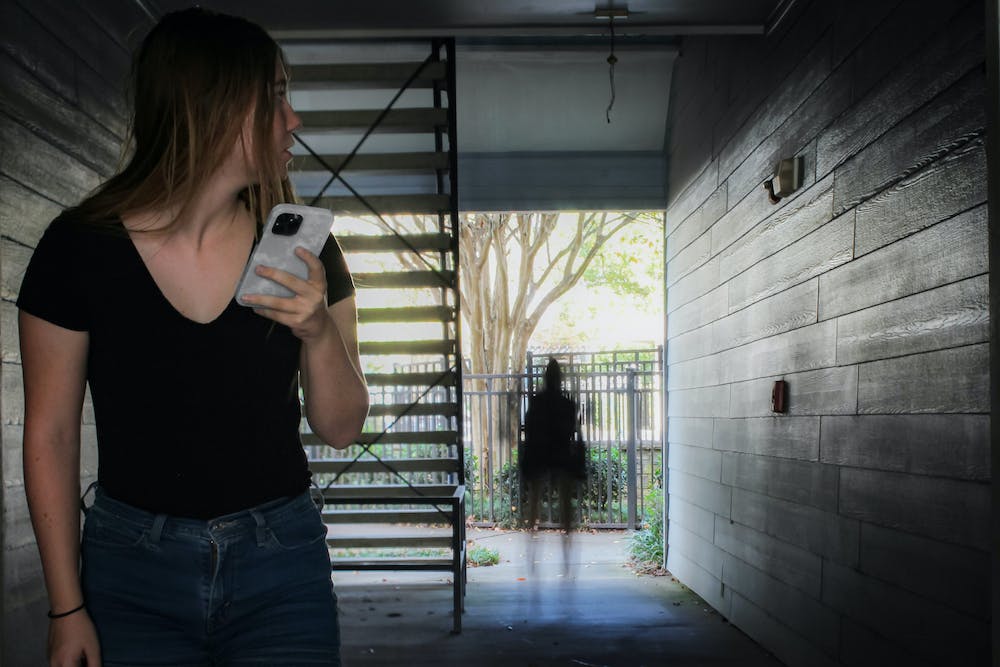You know what time it is: it’s the season where the leaves start falling and goosebumps start rising as you get scared out of your mind. Oftentimes, Halloween is known as a fun holiday to dress up and go out with friends. However, people don’t often talk or think about the negative psychological effects of this holiday.
Halloween can have a severe impact on physiological issues, making some people who participate in the holiday end up feeling scared, grossed out, on edge or anxious.
The history of Halloween is more historical than you might think. Our celebration of this holiday comes from Celtic festival of Samhain, when people would light bonfires and wear costumes to ward off ghosts.
A while later, the pope created All Saints Day to follow the festival of Samhain, and this was a time to honor and remember saints of the Catholic Church. The holidays became parts of each other, as they were the last day of October and the first day of November.
Eventually, it became known as All Hallows’ Eve and, later, Halloween. This is also where the idea of “trick-or-treat” comes from, since it is a time focusing on good and evil, all masked by disguise.
When I was younger, I was never a fan of scary movies or haunted houses because I thought the stuff that I was seeing could potentially be reality. I just never wanted to risk letting that negative energy into my home. Even if I watched something scary with my family, I had to sleep with all of the lights on.

I wish I was less affected by scary movies or things that happen hypothetically or in reality. Getting an adrenaline rush can be intriguing, but it also shows that Halloween can have an extreme impact on people’s mental and physical health.
Speaking for myself, after I watch anything scary or partake in any gruesome Halloween activities, I can’t erase them from my mind. If it’s frightening enough, I will think about it for a long time.
Living in fear is not ideal, and it doesn’t bring peace to my mind. Halloween encourages people to dress up and channel a darker energy. I mean, Halloween is the only time that you dress up as a serial killer or a psychopath, and it’s encouraged.
Halloween has been proven to effect people’s minds. It creates legitimate senses of fear, anxiety and stress that can continue even when Halloween is over.
For people with mental health disorders and sensitivities, things like Halloween parties, trick-or-treating or scary costumes can trigger anxiety attacks or relapses. Overexposure and hyperfixation on fear can cause a lack of sleep, which ultimately leads to stunted growth and development.
So while you’re celebrating this Halloween, take some time to consider if it is actually what’s best for you and the people you’re with. Maybe search for an alternative, less horrific way to dress up or party. Carving pumpkins and listening to spooky music can be just as celebratory.
Even in something as fun as a dress-up holiday, it’s important to remain wise and considerate to the mental health of yourself and others.
Enjoy what you’re reading? Get content from The Auburn Plainsman delivered to your inbox
Do you like this story? The Plainsman doesn’t accept money from tuition or student fees, and we don’t charge a subscription fee. But you can donate to support The Plainsman.
Jakai Spikes, senior in Journalism, is a writer at The Auburn Plainsman.
Share and discuss “COLUMN | Halloween can negatively affect mental health” on social media.
